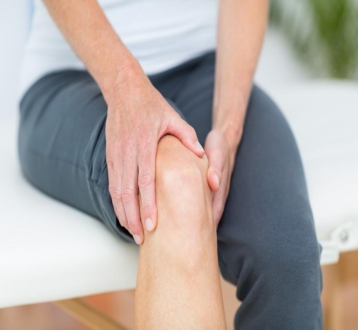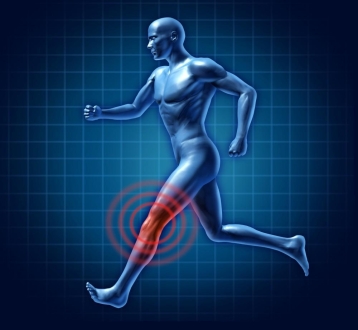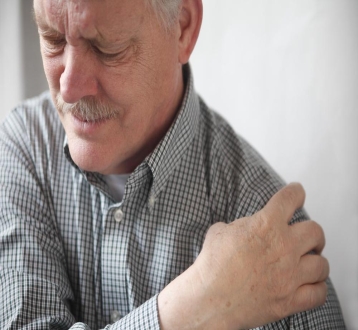
Your shoulder is the most flexible joint in your body. It has the largest range of motion of all your joints, and it’s what helps you reach for, lift, carry, and hold things. Your shoulder is made of three bones that work together in a ball-and-socket joint.
Because your shoulder is so flexible, it’s susceptible to dislocation. Your shoulder becomes dislocated when the top of your arm bone slips out of your shoulder socket. Dislocated shoulders are usually accompanied by:
- Intense pain
- Inability to move the joint
- Swelling or bruising
- Visible deformity
Shoulders can get dislocated through sudden injury, as in a car accident, or through general overuse and repeated motion. People with chronic shoulder instability experience repeated shoulder dislocations or subluxations. Subluxations occur when your arm bone is only partially outside the shoulder socket.
Treating your shoulder instability
Chronic or not, shoulder dislocations typically need immediate medical attention to relieve pain and begin the healing process. At his orthopedic practice in Lafayette, Louisiana, Dr. Otis Drew diagnoses and treats shoulder conditions that impact your daily life.
When you come to Dr. Drew for shoulder instability or shoulder dislocation treatment, he begins with a complete orthopedic evaluation of your condition. He takes your medical history, current complaints, and any injuries into account.
Dr. Drew examines your range of motion, strength, instability, and any tenderness or swelling. He may take X-rays with your shoulder in various positions and use an MRI to evaluate soft tissue damage, if any.
Using your physical evaluation, Dr. Drew proposes a treatment plan that makes sense for your unique condition. Often, he recommends physical therapy first, but if conservative methods fail to resolve your shoulder instability, surgery is an option.
Arthroscopic surgery for minor shoulder instability
In some cases, Dr. Drew recommends arthroscopic shoulder surgery. Ideal for patients who’ve experienced only a few dislocations and don’t have significant damage to bone and surrounding tissue, arthroscopic shoulder surgery is minimally invasive.
Typically performed in an outpatient setting, arthroscopic surgery allows Dr. Drew to make minor repairs to strengthen your shoulder joint using just a few small incisions and tools. Using a small camera, Dr. Drew can see your shoulder bones and make repairs to stabilize your shoulder joint. Following a physical therapy program is crucial for proper recovery, but a hospital stay after surgery usually isn’t required.
Full reconstruction surgery for major shoulder instability
Open shoulder surgery may be a better option if you’ve had many dislocations over a long period of time. For shoulders with more severe damage, Dr. Drew might recommend reconstruction over arthroscopic surgery.
Reconstruction surgery can include measures to tighten the joint capsule, repair tears, and repair bone loss damage due to erosion from repeated dislocation. Full reconstruction surgery is more invasive than arthroscopic, and may require a few days of recovery in the hospital. However, for patients with more serious chronic instability, open surgery often has much better outcomes.
Regardless of the type of shoulder stabilization surgery Dr. Drew recommends for you, physical therapy is an important part of recovery. After surgery, you must participate in physical therapy and strength training to build your shoulder stability and prevent re-injury.
Living with shoulder instability is painful and potentially dangerous. Shoulder stabilization surgery has the potential to heal your shoulder, allowing you to get back to enjoying the activities you love. If you suffer from frequent and painful shoulder dislocations, it’s time to learn more about shoulder stabilization surgery. Call Dr. Drew’s office to schedule your first appointment today.










